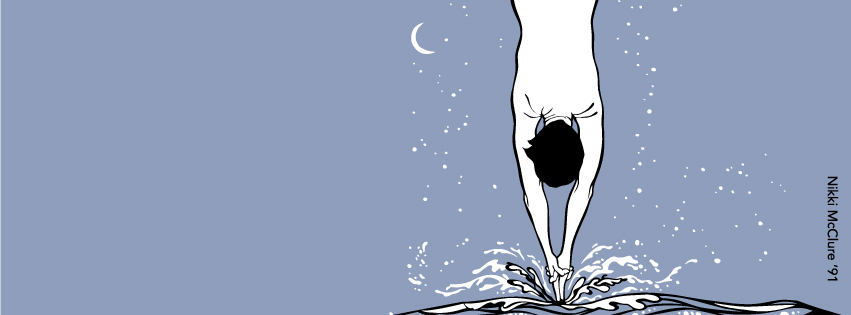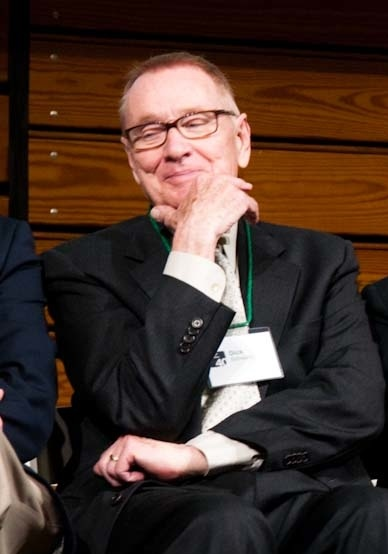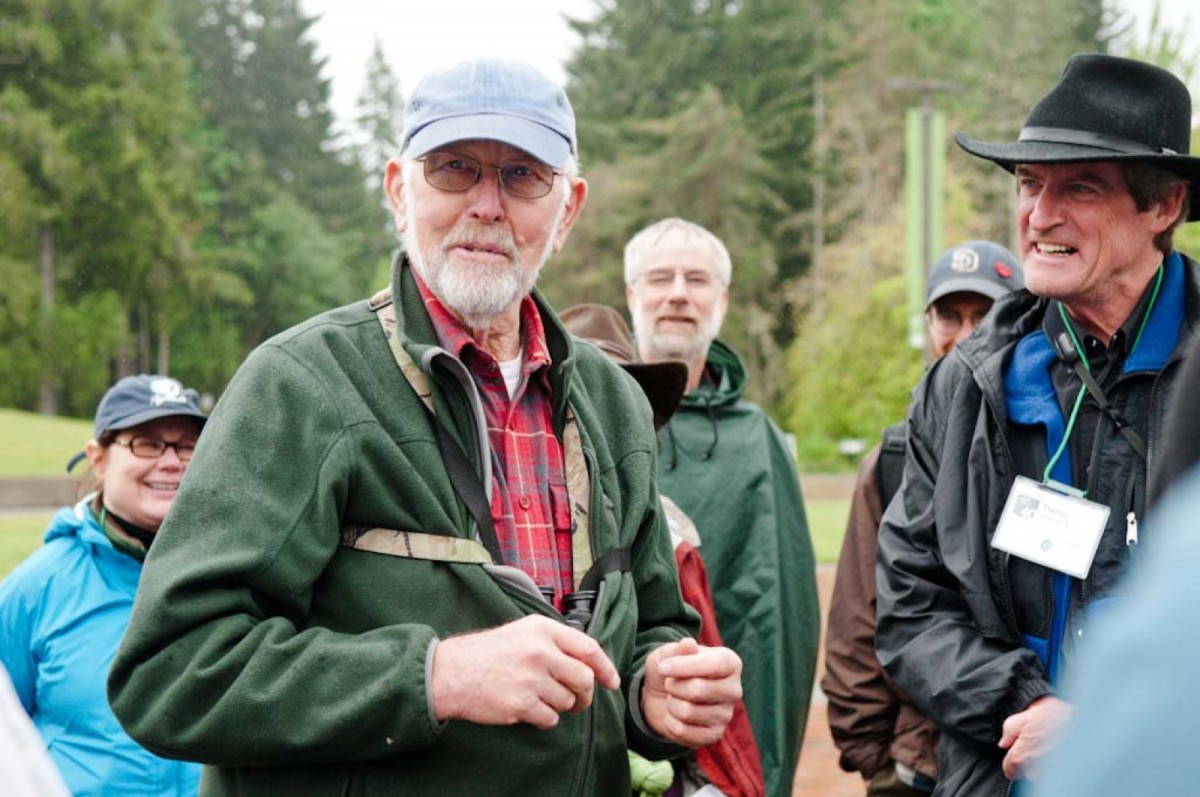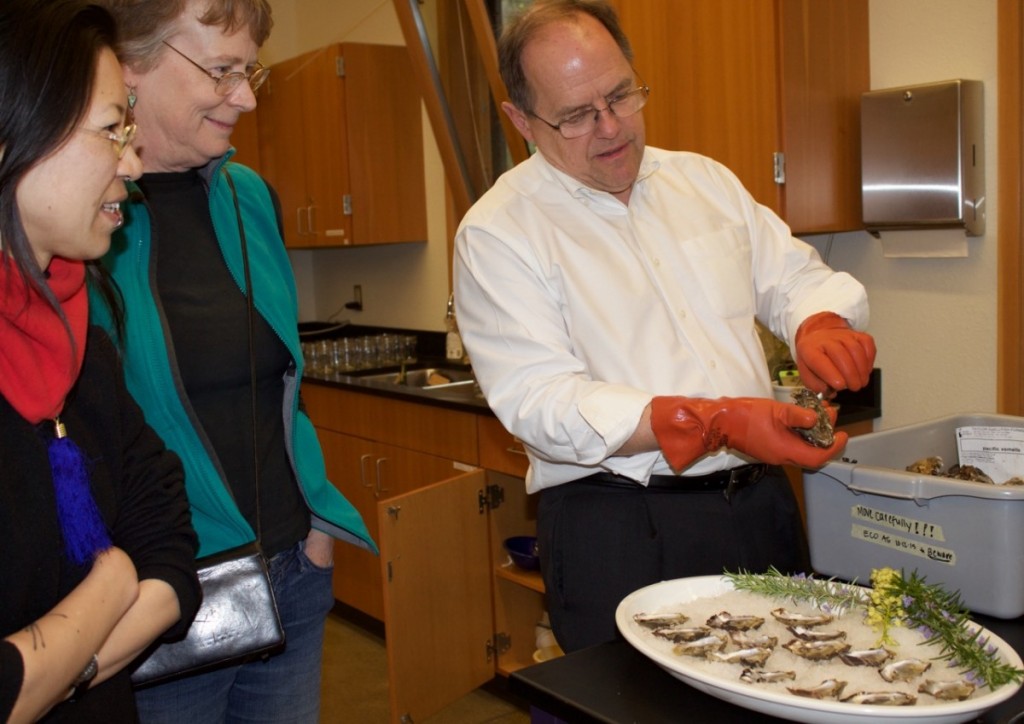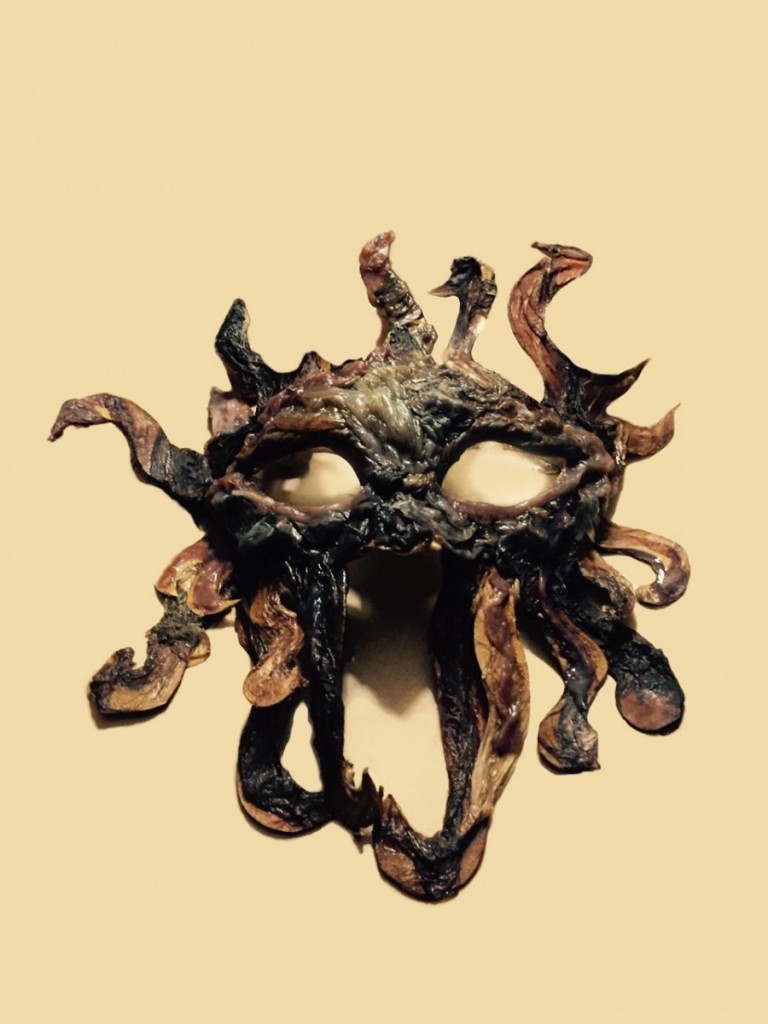Editor’s note: We asked Adam Sher ’02, and his father, Gerson Sher, to share the story of Adam’s first quarter at Evergreen. Add your experience in the comments and help new students and parents learn about transitioning to Evergreen’s educational approach.
Gerson: As a former Greener parent, I think there are a lot of parents out there of incoming Greeners who might want to hear about not only the high points of their children’s experiences, but also the lows, and especially some of the lows that are more typical of Evergreen. Adam, you have said that in your first quarter, especially, you had some tough challenges in adjusting. But before we go into that, let’s go back and set the stage with your reaction to your high school experience.
Adam: OK. I went to McLean High School in Fairfax County, Virginia, in one of the supposedly finest public school systems in the country. It was terrible. I hated high school. I hated the whole approach to education – the rigidity, the mass-production style, the teaching to the test, the useless information, the senseless rules and discipline. I was turned off to education and to all the super-achievers and over-achievers who were college-bound. I was not at all sure that I wanted to go to college at all.
Gerson: Yes. As I recall, you had something like a 2.4 GPA and we got periodic recorded calls from the school system informing us that you had once again not showed up for class.
Adam: That’s right.
Gerson: But you performed spectacularly on the SATs, even though you made a show of not even trying. Did that surprise you?
Adam: No. I love learning. I love reading. I have always done it on my own terms. And high school prevented me from doing that.
Gerson: So, what changed your mind?
Adam: Well, I read the 1998 edition of Forty Colleges that Change Lives, and Evergreen was the only one that looked remotely interesting.
Gerson: I remember that distinctly. Why?
Adam: Because it looked like Evergreen was the absence of everything I couldn’t stand about high school: Rules, grades, subjects broken down into meaningless shards of knowledge, discipline. It looked great.
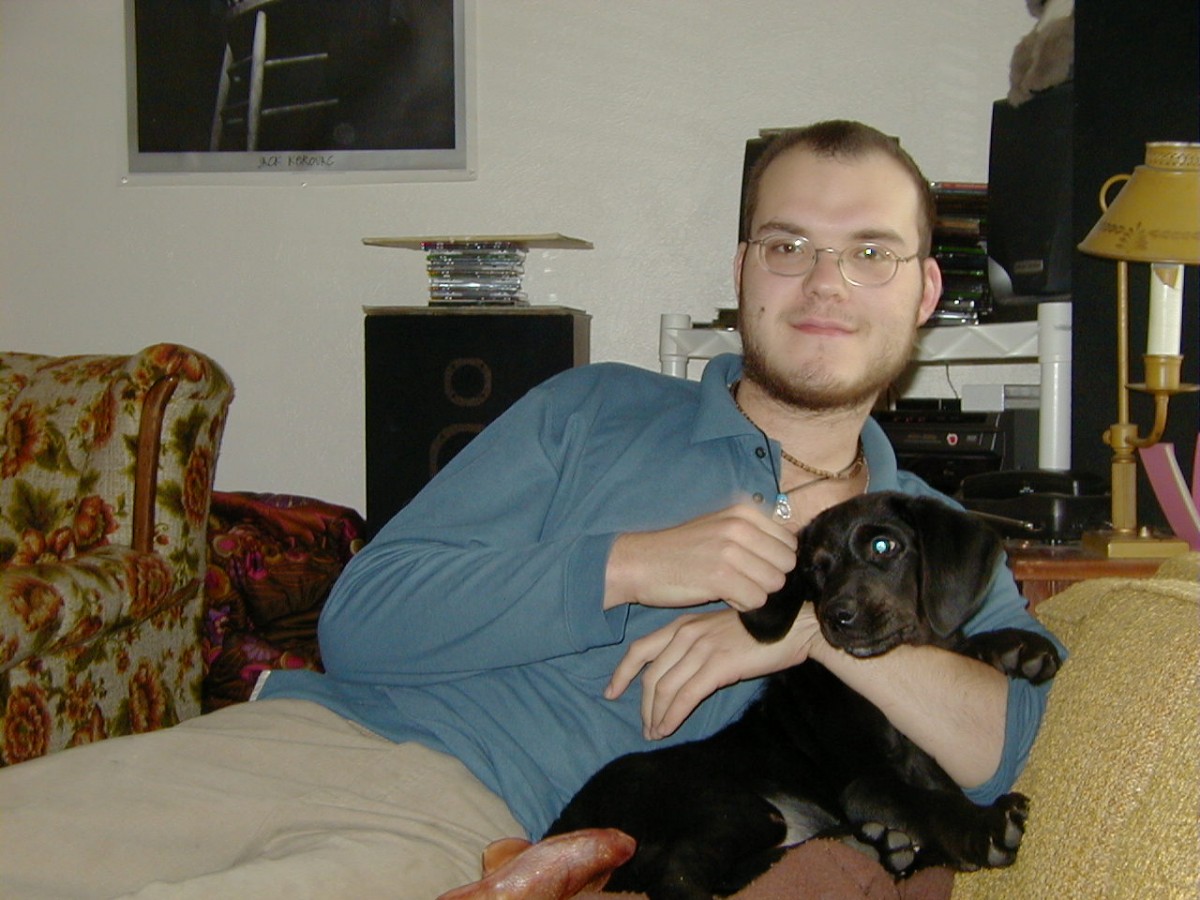
2000 – Adam with family dog Opus
Gerson: We thought so, too, especially for a student like you. And we were relieved that you even decided to go to college. So, what did you find when you got to Evergreen?
Adam: I found out that my initial impression and expectations were completely out of line with what was going on at Evergreen.
Gerson: In what way?
Adam: Well, first of all, the notion that just because of the lack of conventional structure, you could just sail through the place on your own terms was dead wrong. What looked like an absence of requirements or rules turned out to be almost the opposite. You really had to plan your courses carefully, register for them on time so they don’t close out, and think about how you’re going to regulate your own study and life. It wasn’t the free and easy environment that I had envisioned. It was tough and demanding, but the demands were internal, not external. I was fine with rejecting external demands, but not at all ready for making internal ones of myself. This was quite a shock, and I wasn’t ready for it.
Gerson: So what happened?
Adam: I went into a funk. I didn’t do much work. I goofed off. My first quarter course was a disaster. I finished the course but I would add that the faculty’s experience with kids like me was a big help. That would not have happened just anywhere.
Gerson: So what did you do to change your course?
Adam: I realized that I needed to substitute my own self-discipline for the external discipline that I hated so much in high school. I realized that I needed to be responsible to myself. The next quarter and the next year, I had a much different experience and was motivated to mold Evergreen’s learning environment to my own evolving interests. I also met a lot of other students who had similar experiences to mine.
Gerson: Yes, you seemed like you had grown a lot over a short period of time.
Adam: Well, that might be pushing it…
Gerson: And you were able to devote a whole year of your study to your favorite novel, Moby-Dick, under a fabulous professor.
Adam: That was the highlight of my education. It’s a very deep book, and my professor, David Powell, was an extraordinary teacher.
Gerson: Yes, I remember him well. So Adam, aside from your initial struggles with your preconception of Evergreen and the reality, and in addition to Moby-Dick, what do you think was the most important lesson you drew from your Evergreen education?
Adam: It’s really impossible to separate all those strands. They all run together. What Evergreen excels at teaching, at instilling in students, is critical thinking. Critical thinking starts with thinking critically about yourself, and learning critical thinking often demands corrective action when things don’t work out. That’s one of the great lessons of Moby-Dick, too. And the way Evergreen teaches critical thinking is crucial: the interdisciplinary orientation to learning pushes us beyond formal categories of subjects like math, science, and history – uncovering the the endless source of wonder and self-reflection inherent in any phenomenon. Another important thing about Evergreen was also the presence of things i was interested in… intellectualism, creativity, opportunities for self-direction, and a [not so] subtle countercultural aesthetic. It was a great education.
Gerson: So, if you’re a parent of a new Greener – a green Greener, if you will – who is having trouble adapting to Evergreen, who may be thinking of transferring to another school, or something else, what would your advice be to that parent?
Adam: Let your child figure it out for herself. Odds are that if your child is the sort of student who would choose Evergreen for the reasons I did, she will work it out, though it will not be easy. If you’re just looking for an easy B.A., don’t bother. It’s not easy. If you’re not willing to look hard at yourself before you look hard at others, it’s also probably not the right place for you.
Gerson: That all sounds pretty harsh, Adam. Don’t you have some words to reassure all those anxious parents out there?
Adam: Sure. Let me put it this way. Trust your Greener. Trust her instinct to come here in the first place. She will sort it out, one way or another, and be the better for it.
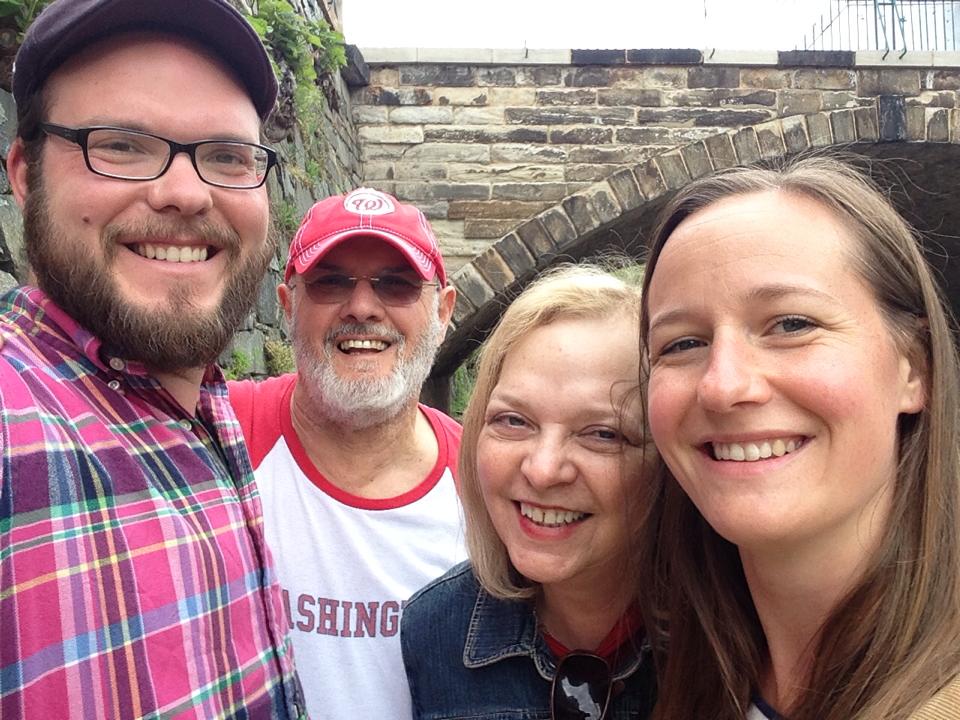
2014 Georgetown, DC – From left; Adam, Gerson, Margery Sher, and Adam’s wife Megan Sher.










